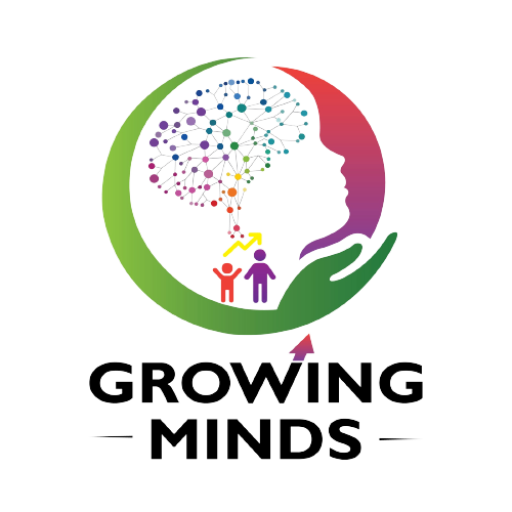Blog

The “season of love” often brings a familiar, stinging question to the surface: “Will I spend Valentine’s Day alone?” For those navigating life with neurodiversity, this question isn’t just about a single day on the calendar; it’s often a reflection of a deeper struggle with consistency, impulsivity, and the search for lasting stability. Why Spending…

The quest for connection has moved from coffee shops to touchscreens, leading many to ask: is online dating bad for mental health? While apps like Tinder, Hinge, and Bumble offer a world of possibilities, the constant cycle of swiping can often feel more like a chore than a romance. At Growing Minds Mental Health Services,…

February is often marketed as the month of romance, but for many, it brings a specific kind of dread. If you are “kind of” seeing someone, dating without a label, hanging out without commitment, or stuck in the gray area, you are likely in a situationship. While these arrangements can be fun at first, the…

Expand Access to Care: Join Growing Minds Mental Health as a Business Development Representative! At Growing Minds, our mission is to restore hope and elevate lives through compassionate, evidence-based mental health treatment. Every connection we build helps individuals and families access the care they need — and that’s where you come in. We’re seeking a Business…

Qualifications Is curious, collaborative, approachable, and committed to experiential learning Brings a balance of administrative skill, clinical insight, and relational leadership Below is a list of education and work experience qualifications at least 18 years of age* Current or relevant health care background Strong clinical competency and comfort working in independent or small-team environments Prior…

When you decide to start therapy, you are taking a courageous step toward a healthier, more fulfilled life. However, many people focus solely on a therapist’s credentials or office location, overlooking the most critical factor in successful treatment: the therapeutic alliance. Research consistently shows that the quality of the relationship between a therapist and client…
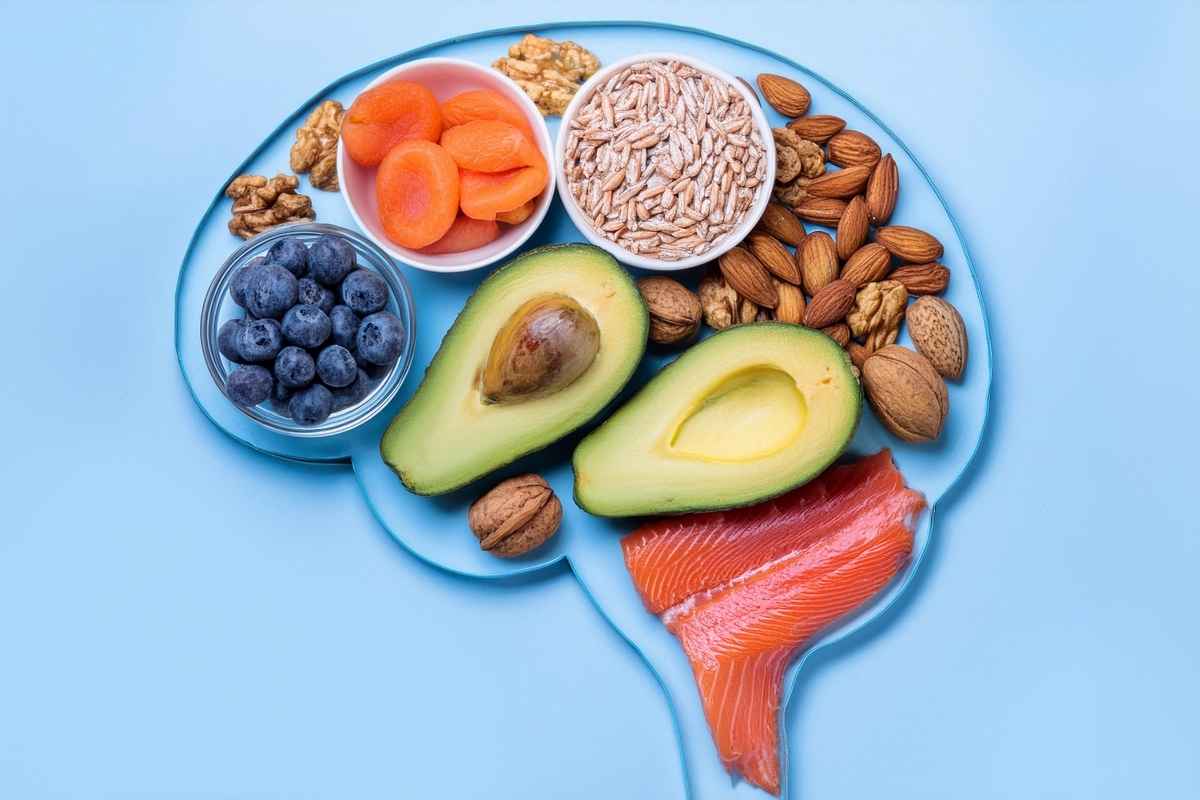
Have you ever felt “butterflies” in your stomach before a big presentation, or a “gut wrenching” sensation when receiving bad news? These aren’t just metaphors; they are physical manifestations of the complex communication network between your digestive system and For decades, the medical community treated the mind and the body as two separate entities. However,…

We often hear that “no” is a complete sentence, but in practice, setting healthy boundaries can feel like navigating a minefield. Whether it is a demanding boss, an overbearing family member, or a friend who doesn’t respect your time, failing to establish limits leads to a predictable cycle of resentment, exhaustion, and eventually, burnout. At…

In the field of modern psychology, few practices are as simple yet scientifically profound as gratitude. While often dismissed as a “soft” self-help tactic, the biological reality is far more complex. At Growing Minds Mental Health Services, we focus on evidence-based approaches to wellness, and understanding gratitude and its effect on mental health is essential…

At Growing Minds Mental Health Services, we understand that financial anxiety is often a major component of the mental health struggles our clients face. In a state with a high cost of living, the question of “Can I afford therapy?” is both valid and important. This guide explores how we make care accessible, your rights…

Welcoming a new baby is often described as the happiest time of a parent’s life, but for many, the reality is much more complex. If you are feeling overwhelmed, exhausted, or disconnected, you are not alone. Postpartum depression (PPD) affects approximately 1 in 7 new mothers. The most important thing to know is that it…

Welcoming a new baby is often described as a time of pure joy, but for many parents, the reality is far more complex. If you are feeling overwhelmed, persistently sad, or disconnected, you aren’t alone—and you aren’t failing. Postpartum depression (PPD) affects approximately 1 in 7 new mothers. The most important thing to know is…

Choosing a mental health provider is a transformative decision. In a city defined by its rapid innovation, cultural diversity, and high-performance expectations, searching for psychiatrists in San Francisco CA requires finding a partner who understands the unique intersection of urban stress and personal well-being. At Growing Minds Mental Health Services, we recognize that mental health…

Living with constant worry or panic can feel like an exhausting, uphill climb. At Growing Minds Mental Health Services, we recognize that while anxiety is a natural human response, it shouldn’t control your life. Psychotherapy for anxiety is a clinically proven, transformative process that helps you move from a state of constant “high alert” to…

For many people, the holiday season is portrayed as a time of joy, connection, and celebration. Yet for those experiencing loss, grieving on Christmas can feel deeply painful and isolating. When the world appears festive and cheerful, grief often feels heavier, more visible, and harder to carry. If you are grieving during this season, know…

Life inevitably presents us with “battles,” ranging from minor misunderstandings with a partner to deep-seated family disputes. These constant conflicts are more than just frustrating—they are a major drain on your emotional well-being, fueling stress, anxiety, and a feeling of isolation. The good news is that the key to transforming conflict into connection isn’t about…

The pressure cooker of Silicon Valley—a place of incredible innovation and equally intense stress—demands more than standard self-care. For the entrepreneurs, CEOs, and leaders driving the Bay Area tech ecosystem, traditional mental health models often fall short. They require care that understands the unique language of startups: the perpetual hustle, the isolation, and the crippling…

The Hidden Stress: Why Schools Are Contributing to Youth Mental Health Crisis We all agree that kids in America are facing a serious mental health challenge. Anxiety, ADHD, and depression diagnoses are incredibly high, leaving parents searching for answers and solutions. While factors like screen time and family history play a role, many experts are…

Dealing with Attention Deficit Hyperactivity Disorder (ADHD) can feel like navigating a maze, not just for your child but for your entire family. If you’ve ever felt overwhelmed, stressed, or unsure of the next step, you are not alone. ADHD is a real medical condition that affects “self-management skills” , making daily life routines—from morning…

For many families, an autism diagnosis can be a moment of clarity and empowerment. But for mothers, especially those who realize they are also on the spectrum, this journey can be uniquely challenging. At Growing Minds Mental Health Services, we understand that finding mental health support for autistic mothers is crucial. Based on the experiences…

It is a surprisingly common experience: navigating a child’s Attention Deficit Hyperactivity Disorder (ADHD) diagnosis only to realize that their struggles—and many of your own lifelong difficulties—might point to ADHD in yourself. For many adults, particularly women, this realization can be a profound, eye-opening experience. If you’ve spent years believing you were simply “spacey and…

At Growing Minds Mental Health Services, we understand that raising a child or adolescent can be complex. While you may seek help for issues like depression, anxiety, or behavioral problems, we often find ourselves facing an “elephant in the room”—the high prevalence and profound impact of childhood trauma. Addressing childhood trauma in adolescent psychiatric care…
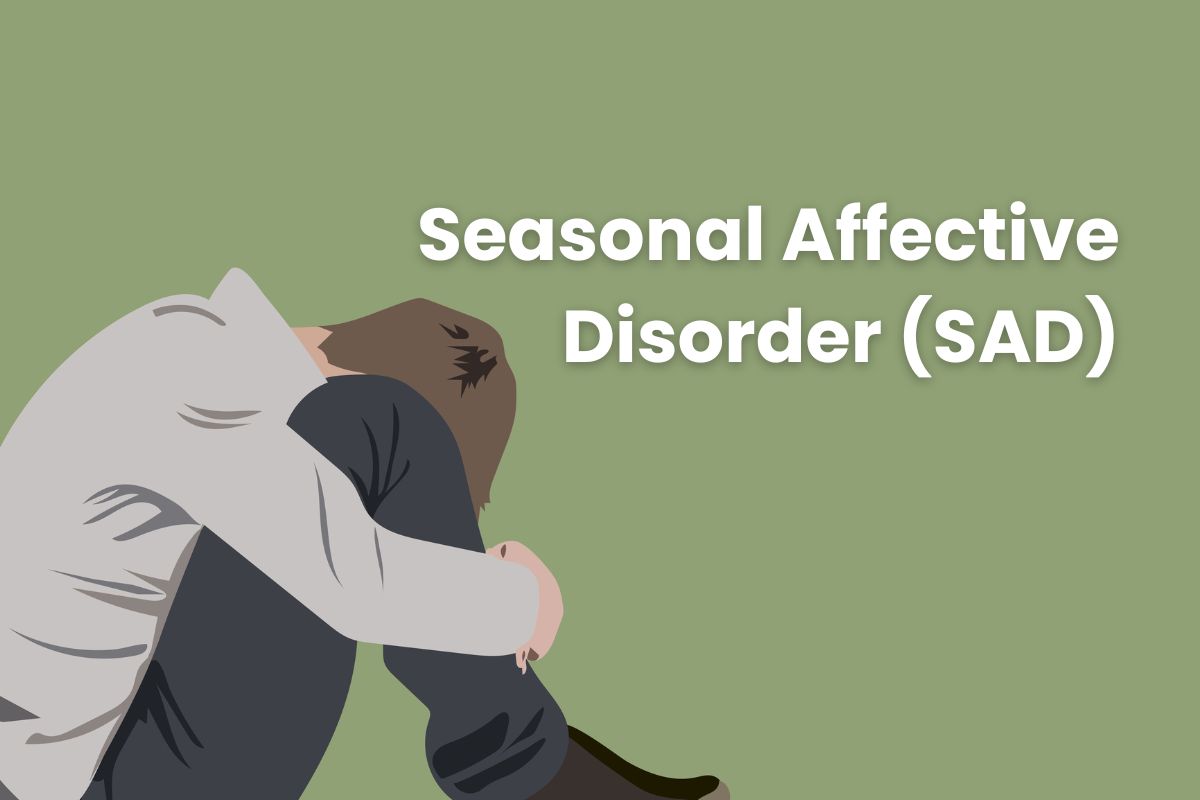
As the year draws to a close, December often brings with it the shortest, darkest days of the year. For many, this seasonal shift is accompanied by festive cheer, but for others, the dramatic reduction in sunlight can trigger something more serious than just the “winter blues”—it can bring on Seasonal Affective Disorder (SAD). Recognized…

If you’ve navigated challenging times, you possess an inherent capacity to bounce back. This is known as resilience. Instead of focusing only on past trauma, the goal of a trauma-informed program like RISE is to shift the focus to building functional resilience. One of the key ways this is measured is through a Resilience Score,…

Have you ever wondered why you react to stress in a certain way, or why certain emotional or physical challenges seem to follow you? The Adverse Childhood Experiences or ACE Score is a tool that can help answer these questions, shifting the clinical focus from “What is wrong with you?” to “What happened to you,…

SAN FRANCISCO, CA – [November 25, 2025] – Growing Minds Mental Health Services today announced a major step forward in its commitment to holistic well-being and diversity with the planned opening of a new, 2,000+ square foot office. The facility will be a groundbreaking collaborative project, a Cupertino Office focused on neuro-inclusive design and environment…

The transition to college often brings underlying challenges into sharp focus. For many students, this period, characterized by demanding coursework, newfound independence, and high stakes, is when long-standing struggles with focus and executive function become overwhelming. This was the precise experience of Kerri MacKay before and after getting an ADHD evaluation in college. Kerri’s moment…

College is often painted as a vibrant, transformative experience. But beneath the surface of social media posts and bustling quads, a profound struggle is taking root: loneliness. U.S. Surgeon General Vivek Murthy has called loneliness in college students a public health epidemic, and nowhere is this more acutely felt than among young adults navigating higher…

Diagnosing ADHD in adults requires a comprehensive clinical assessment based on DSM-5 criteria, including a detailed history of symptoms, functional impairment, and collateral information. The recommended diagnostic process includes: Clinical interview: Obtain a thorough history of current and childhood symptoms, focusing on their onset, persistence, and impact on daily functioning. Retrospective assessment of childhood symptoms is…

What side effects should I be watching for if my child is taking stimulants The American Academy of Pediatrics states that stimulant medications for children with ADHD are generally safe, but long-term use is associated with several potential adverse effects that require monitoring.[1] ADHD stimulants in children and the side effects Growth: The most robust evidence, including the…
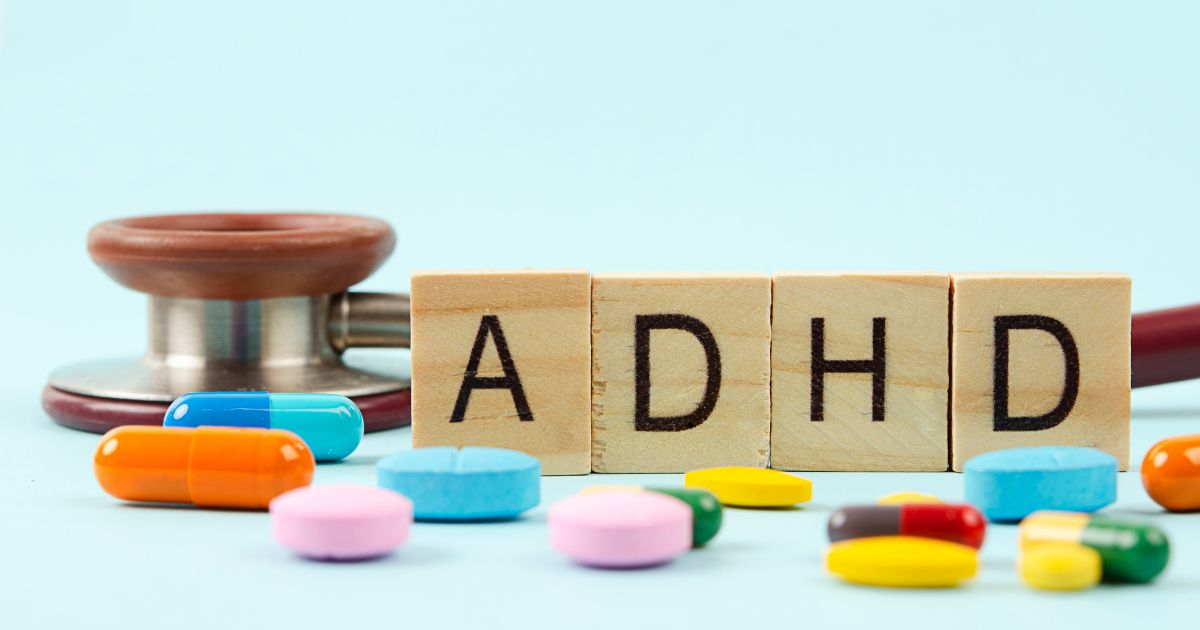
Stimulant medications are the first-line treatment for a 7-year-old child with attention-deficit/hyperactivity disorder (ADHD) because they effectively reduce core symptoms of inattention, hyperactivity, and impulsivity. These medications—primarily methylphenidate and amphetamines—work by increasing synaptic concentrations of dopamine and norepinephrine in the brain, which enhances attention and behavioral control.[1-3] stimulants help children with ADHD Clinical guidelines from the…

When a family seeks mental health support for their child, their focus isn’t on the provider’s size or national presence. They simply want a compassionate, expert professional who deeply understands their child’s unique challenges and their family’s specific circumstances. At Growing Minds Mental Health Services, we recognize that superior clinical outcomes are built on evidence-based…

Taking the first step toward mental health support can feel challenging, but at Growing Minds Mental Health Services, we offer a low to no-cost mental health evaluation to make the process confidential, supportive, and accessible. If you’re considering therapy or feeling overwhelmed, a professional evaluation is the best place to start. Your mental health evaluation…

Celebrating Thanksgiving with ADHD feels a little less festive. This holiday, with its emphasis on travel, large gatherings, elaborate meals, and disrupted routines, can feel less like a joyful celebration and more like a significant source of stress for adults and children with Attention-Deficit/Hyperactivity Disorder (ADHD). The shift from the usual structure, coupled with increased…

As the season shifts and we prepare for Thanksgiving, a holiday centered on acknowledging the good in our lives, it’s an excellent time to consider the therapeutic benefits and interrelatedness of thankfulness, thanksgiving gratitude and mental wellness. At Growing Minds Mental Health Services, we believe that cultivating thankfulness is a powerful tool for enhancing mental…

Thanksgiving is often envisioned as a time of perfect food, family, and gratitude. But beneath the warm glow of the holidays, many people experience a significant surge of emotions that can put unexpected strain on their thanksgiving mental health and well-being. At Growing Minds Mental Health Services, we understand that holidays often amplify the existing…

Trauma is an all-too-common experience in life, manifesting in various forms—whether due to a single distressing event like an accident or loss, or through cumulative experiences such as ongoing stress in a challenging environment. It’s crucial to recognize that trauma doesn’t just fade away; it often leaves behind emotional scars, impacting mental health and overall…

Past trauma can have a profound impact on individuals’ current relationships, influencing how they interact with partners, respond to conflict, and perceive intimacy. Here’s how past trauma impacts intimacy and relationships and the critical role of mental health treatment in healing: 1. Trust Issues: Individuals who have experienced trauma, especially in previous relationships, may struggle with…

A “Situationship” refers to a romantic arrangement that lacks clear boundaries or commitment, often characterized by ambiguity regarding the status and future of the relationship. Prioritizing mental health in a situationship. Here are some ways situationships can impact mental well-being: Emotional Ups and Downs 1. Ambiguity and Anxiety: The lack of clarity in a situationship can…
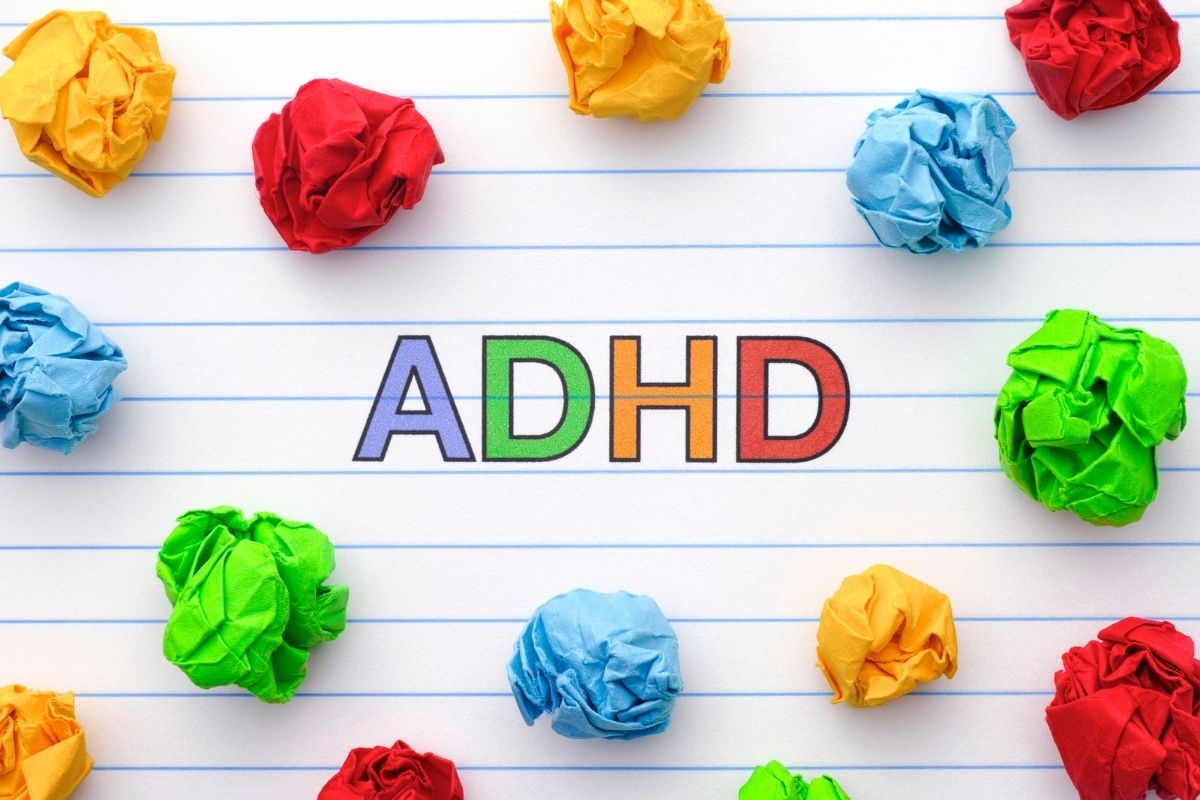
ADHD, or Attention-Deficit/Hyperactivity Disorder, is often perceived through a lens of challenge and struggle, particularly in environments like school or the workplace. However, many “super achievers” with ADHD have turned what might be seen as limitations into unique strengths. Let’s explore the good side of ADHD and how you can excel and find success in…
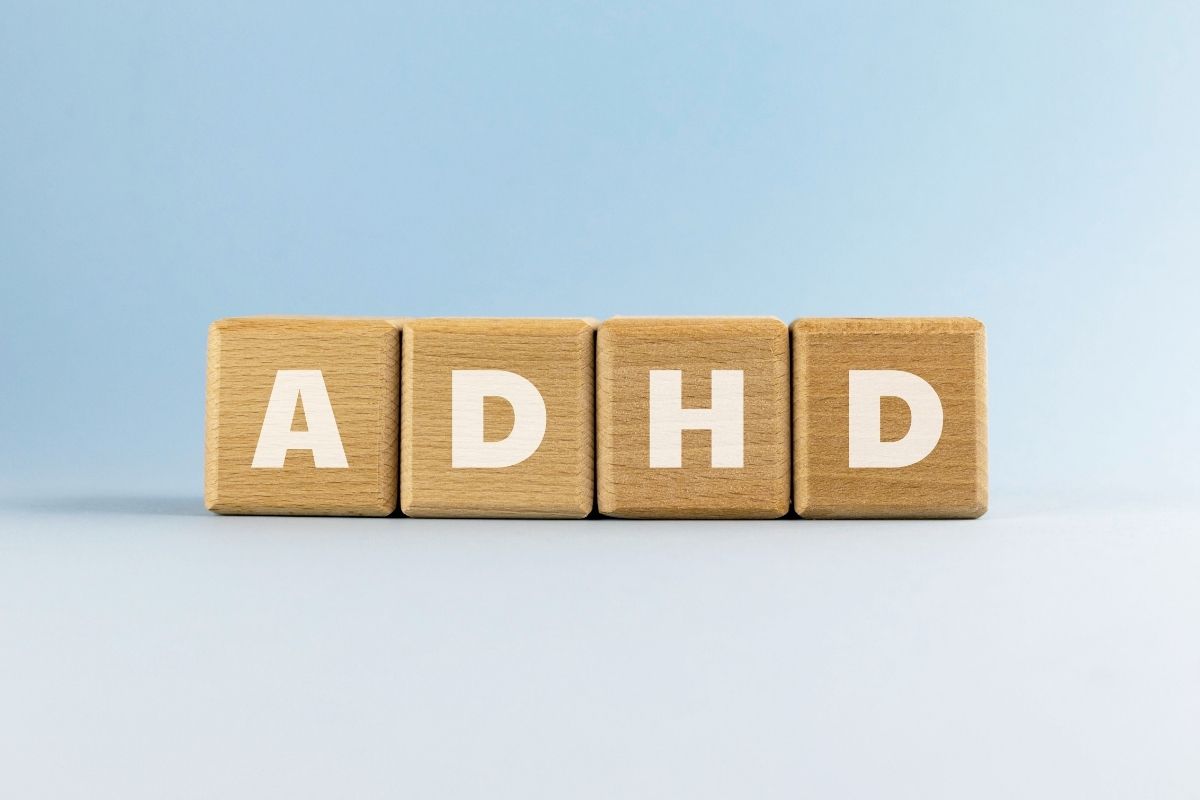
There are several non-medication treatments and strategies for managing ADHD (Attention-Deficit/Hyperactivity Disorder) that can be effective, especially for individuals who prefer to avoid or complement medication. Here are some commonly used approaches: 1. Behavioral Therapy Cognitive Behavioral Therapy (CBT): This type of therapy helps individuals identify and change negative thought patterns and behaviors associated with…

First-generation immigrant parents and their children born in the U.S. often experience unique challenges in communication and navigating mental health support. Here are some key issues and considerations: Communication Difficulties 1. Language Barriers: Parents may have limited proficiency in English, which can hinder effective communication with their children, educators, and health care providers. This can…
